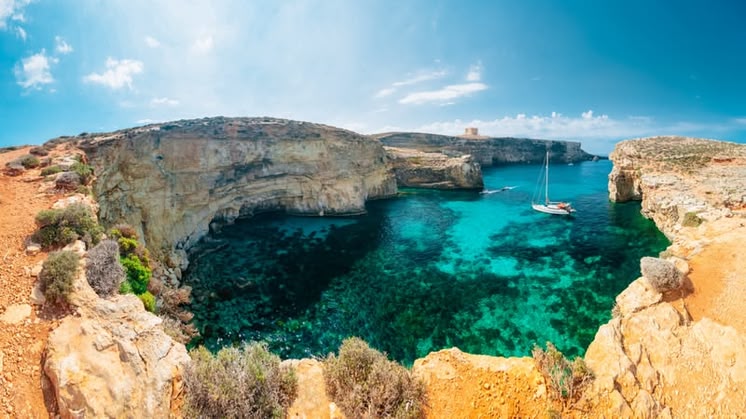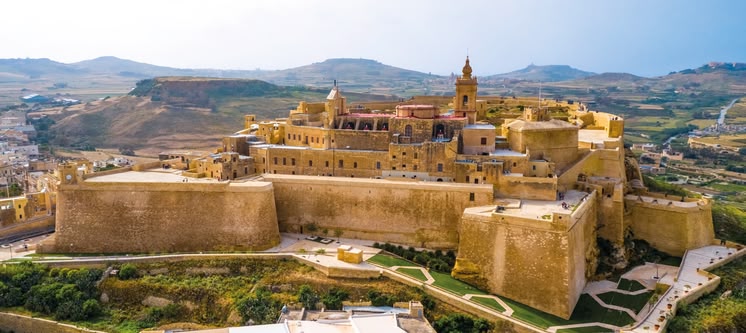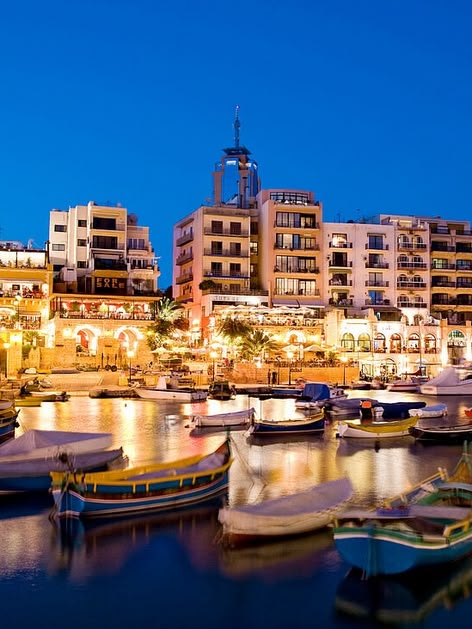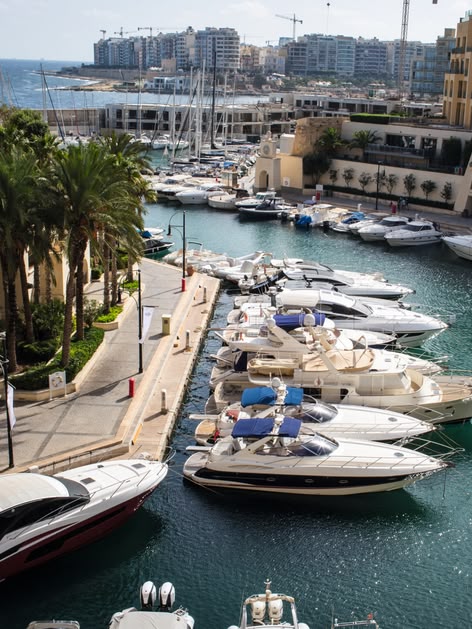Thinking of Moving to Malta? Here's What You Should Know
Reasons to Move to Malta


- Mediterranean Paradise: With a stunning coastline, crystal-clear waters, and a warm, sunny climate, Malta is a haven for those who appreciate natural beauty.
- Rich History & Culture: Malta's history spans millennia, with its capital, Valletta, designated as a UNESCO World Heritage site. Ancient temples, fortifications, and cathedrals offer a unique blend of history and culture to explore.
- An English-Speaking Nation: English is one of Malta's official languages, making it a highly accessible destination. The ease of language immersion simplifies daily communication and fosters networking opportunities with the diverse local and international community.
- Safety & Low Crime Rate: Malta is renowned for its safety and low crime rate, providing peace of mind for residents and their families.
- Economic Opportunities: Malta's robust economy is a hub for sectors like financial services, iGaming, and technology. It offers diverse employment opportunities, making it attractive for skilled professionals.
Malta Visas & Residency: What You Need to Know
For EU citizens, the process of moving to Malta is straightforward, as Malta is a member of the European Union.
However, for those coming from outside the EU, securing the appropriate residency and work permits is crucial.
- Schengen Visa: For short visits (up to 90 days), a Schengen Visa allows free movement within the Schengen Area.
- Long-Term Residence Permit: If you plan to stay in Malta for more than 90 days, you will need to apply for a long-term visa or a residency permit through the Identity Malta Agency.
New & Notable Residency Programs:
- Malta Nomad Residence Permit: Designed for digital nomads and remote workers, this permit enables non-EU citizens to reside in Malta while working for a company based outside the country. Applicants must meet specific income criteria and apply through the Identity Malta Agency.
- Start-up Residence Programme: This program targets non-EU entrepreneurs who wish to establish a business in Malta, offering them and their families a residency permit and support for their venture.
- EU Blue Card: Highly qualified non-EU professionals can apply for an EU Blue Card, which streamlines work visa rules and facilitates high-skilled employment and residency within the EU.
Study & Career in Malta
- Education System: Malta boasts a strong education system with high-quality options for families, including international schools and the University of Malta.
- Job Market & Career: Malta's thriving sectors in tech, iGaming, and finance are constantly looking for skilled professionals. For your job search, key platforms to check include JobsPlus, LinkedIn Jobs, and local portals like Times of Malta and Malta Park classifieds. Be aware that some sectors experience a labor shortage, but competition can be high.
Key Requirements & Practicalities for Your Move
- Cost of Living & Housing: While generally more affordable than many Western European countries, the cost of living on Malta has been rising. This is especially true for the rental market, which is highly competitive and volatile. It is highly recommended to use online Cost of Living calculators and consult Housing apps or local real estate agents for the most up-to-date prices before your move. Be prepared for high demand, particularly in popular areas like Sliema and St. Julian's.
- Healthcare: Malta's healthcare system offers both public and private options. Once you are a resident and have an ID card, you can access the public system. However, many expats opt for private health insurance to access a wider choice of doctors and shorter waiting times. Note that comprehensive health insurance is a mandatory requirement for all non-EU residency applications.
- Documentation: Prepare a comprehensive set of documents, including your passport, proof of financial means, a clean criminal record, and other required paperwork specific to your chosen visa or residency program.
Essential Resources for a Smooth Transition
For more detailed information and a sense of community, explore online forums and groups like Expat.com Malta. For official information on visas and permits, always refer to the official Government of Malta websites.
By doing your research and connecting with the expat life community, you can ensure a successful and rewarding move.
Get the latest on travel, languages and culture







